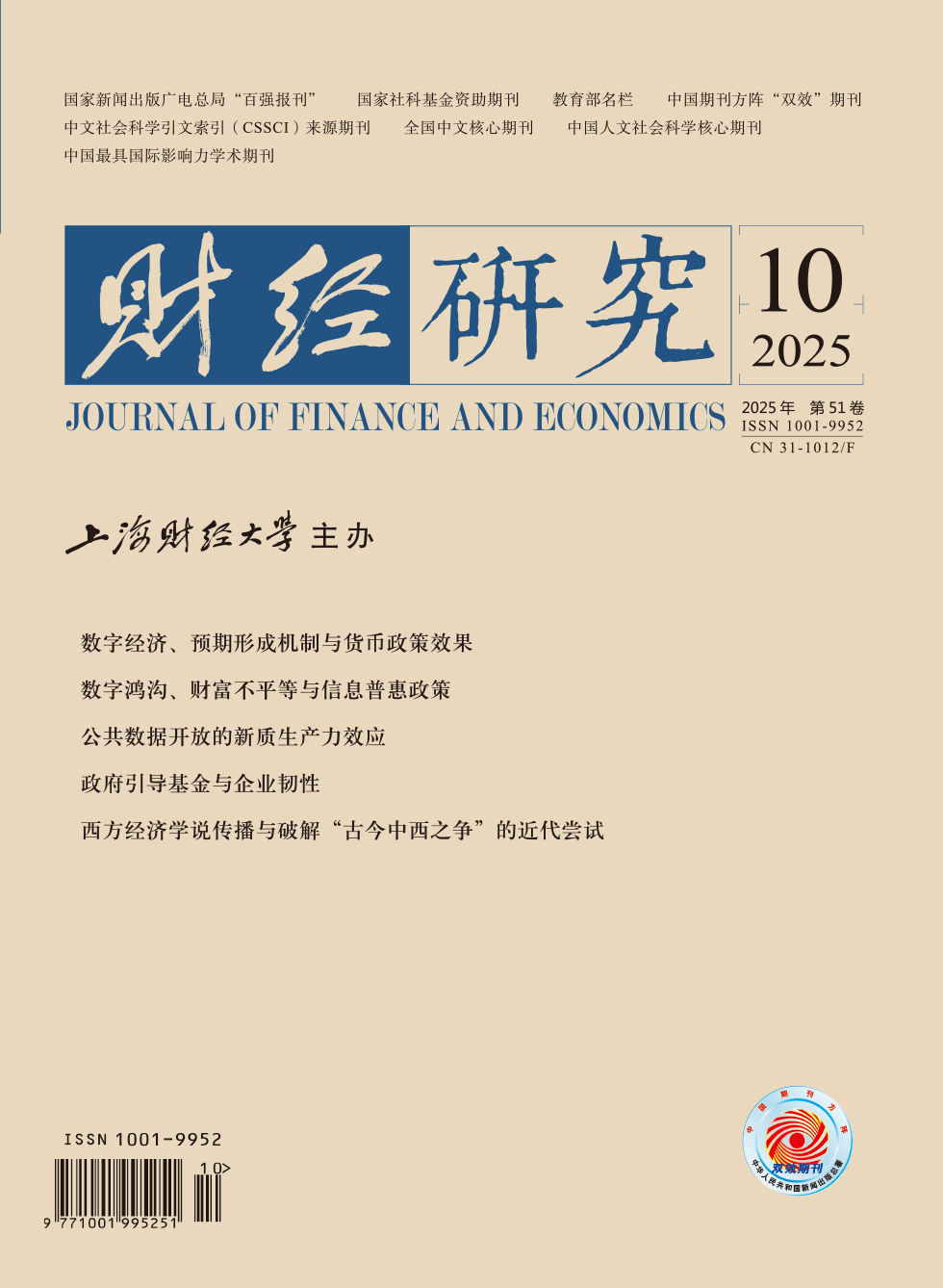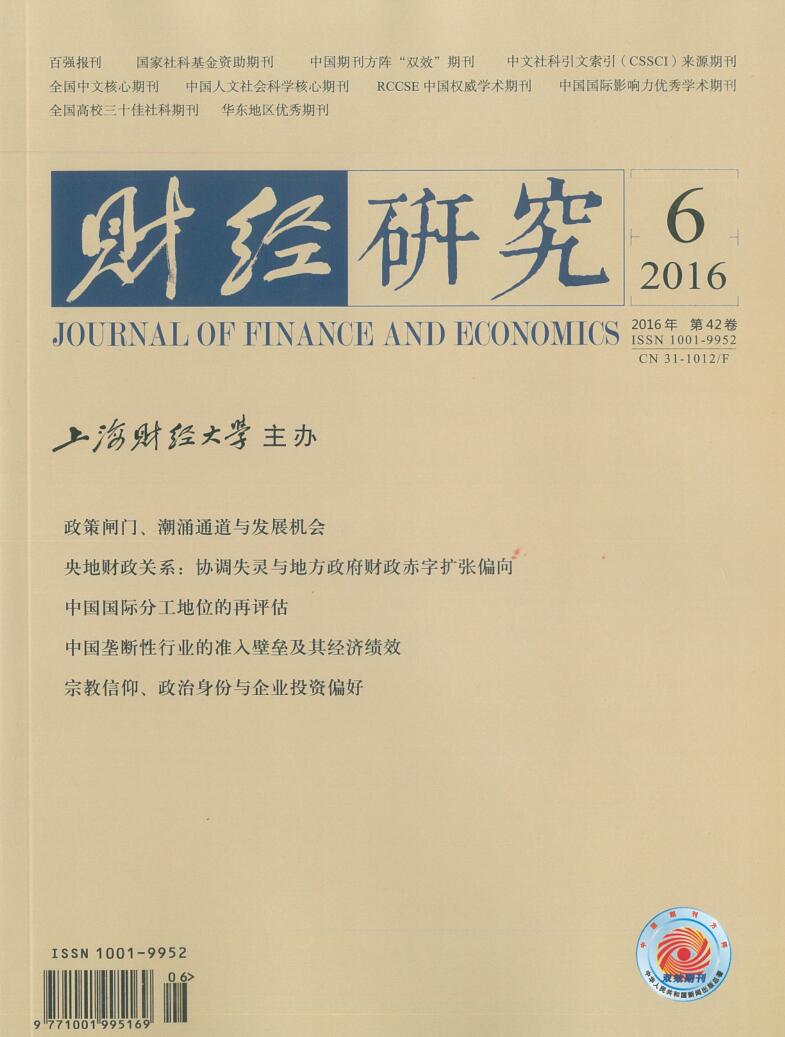It is a very important phenomenon that investment wave and excess capacity occur in the process of quick structural change in developing countries. From the perspective of new structural economics, this paper constructs a theory of optimal government in-tervention degree based on the exploration of this phenomenon. Firstly, there is a late-mover advantage in the structural change in the developing economies because of their location in interior frontier. Secondly, the development opportunities embedded in the late-mover advantage have the social consensus but incomplete information, thereby resulting in coordination difficulties of the market and thus the risks of losses resulting from investment wave that face market subjects and timid & overcautious development opportunities. Finally, market timidity and cautiousness lead to insufficient usage of development opportunities, and governments implement active development policy combination to intervene prices, costs and profits in the market for the purpose of the enhancement of market incentives and the relaxation of constraints, but as a result, although development opportunities can be made more full use of, excess capacity becomes more severe in the meantime. Accordingly, this paper advocates that development policy cannot give up eating for fear of choking, and the rational practice is to make a tradeoff between gains and losses and grasp optimal intervention degree.
 / Journals / Journal of Finance and Economics
/ Journals / Journal of Finance and EconomicsJournal of Finance and Economics
LiuYuanchun, Editor-in-Chief
ZhengChunrong, Vice Executive Editor-in-Chief
YaoLan BaoXiaohua HuangJun, Vice Editor-in-Chief
Policy Gate, Wave Channels and Development Opportunities: A Theory of Optimal Government Intervention Degree from the Perspective of New Structural Economics
Journal of Finance and Economics Vol. 42, Issue 06, pp. 4 - 16 (2016) DOI:10.16538/j.cnki.jfe.2016.06.001
Abstract
References
Abstract
Cite this article
Fu Caihui. Policy Gate, Wave Channels and Development Opportunities: A Theory of Optimal Government Intervention Degree from the Perspective of New Structural Economics[J]. Journal of Finance and Economics, 2016, 42(6): 4–16.
Export Citations as:
For




 7693
7693  4995
4995

